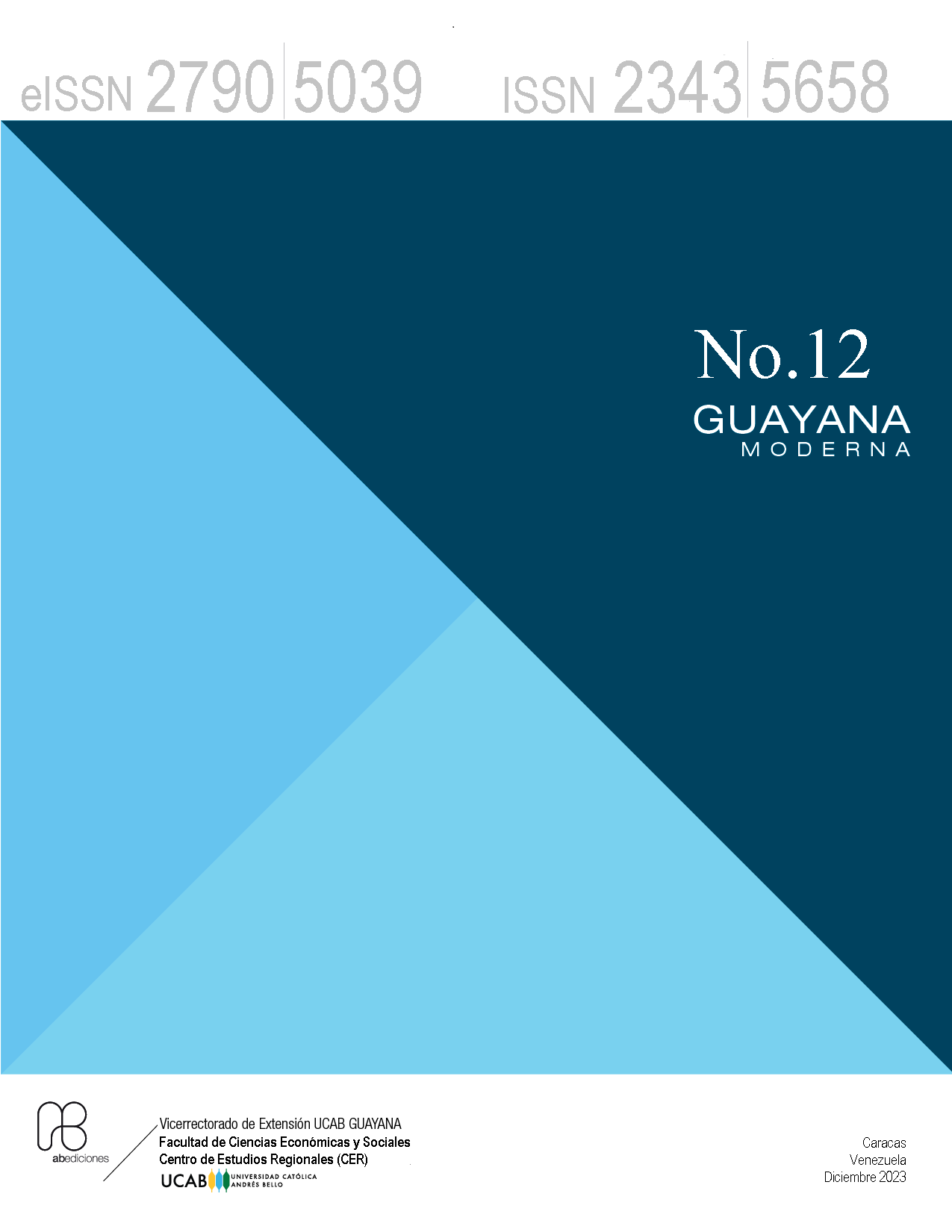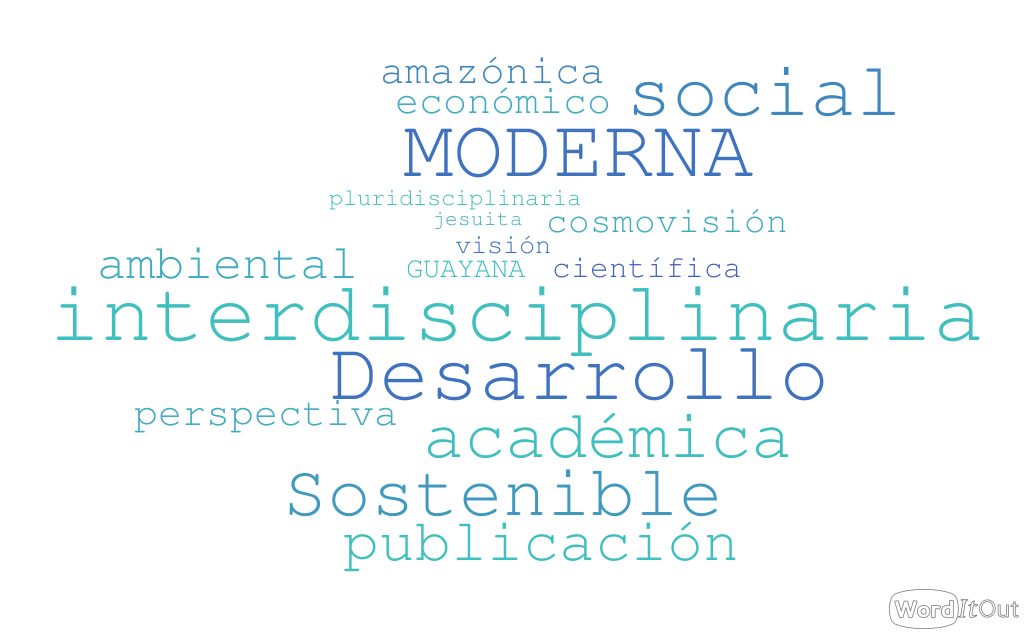La Inteligencia Artificial y el Principio de Simplicidad en el Derecho Procesal Laboral
DOI:
https://doi.org/10.1234/gm.v12i12.6402Palabras clave:
Inteligencia, Artificial, Derecho, LaboralResumen
El Principio de Simplicidad se basa en una búsqueda de simplificación en el proceso laboral y en la legislación con el objetivo de alcanzar la máxima eficacia del proceso y efectividad del Derecho de Acceso a la Justicia. La Inteligencia Artificial puede contribuir positivamente al Principio de Simplicidad, principalmente asistiendo a los funcionarios de los tribunales en labores rutinarias y en la búsqueda de precedentes jurisprudenciales. La Comisión Europea para la Eficiencia de la Justicia propone varios usos recomendados para la Inteligencia Artificial, como motores de búsqueda de jurisprudencia con técnicas de aprendizaje automático y chatbots para facilitar el acceso al conocimiento jurídico. Sin embargo, existe un problema ético al utilizar la Inteligencia Artificial en la toma de decisiones, ya que pueden reproducir los sesgos de sus creadores. Además, la implementación de la Inteligencia Artificial podría excluir a gran parte de la población que no tiene acceso al internet de calidad. En Brasil, se lanzó un software de inteligencia artificial destinado a contestar dudas laborales de cualquier usuario en Brasil que quiera hacerlas a través de un chat en línea, pero este acto hizo surgir muchas preguntas sobre si está considerando adecuadamente los derechos laborales y los posibles sesgos de las respuestas proporcionadas IA. La implementación de la Inteligencia Artificial en el ámbito legal puede ser de gran ayuda para mejorar la eficiencia y efectividad del sistema judicial, considerando en todo momento los posibles problemas éticos que podrían surgir.
Contacto de autores
Correo electrónico: abg.isabellazamora@gmail.com nervisgarcia@gmail.com
Descargas
Citas
● AAAI. (2023). AAAI Association for the Advancement of Artificial Intelligence. (PUBLICACION ELIMINADA).
● Cepeda, M. J., y Otálora, G. (2020). Modernización de la administración de justicia a través de la inteligencia artificial, FEDEDESARROLLO Centro de Investigación Económica y Social, 1-68. Recuperado de: https://www.repository.fedesarrollo.org.co/bitstream/handle/11445/3980/Repor_Julio_2020_Cepeda_y_Ot%C3%A1lora.pdf?sequence=3&isAllowed=y
● Corvalán, J. G., y Palumbo, J. (2019). Inteligencia Artificial y Trabajo. Explorando un nuevo paradigma laboral. Diario DPI, (210), 2-5. Recuperado de:https://dpicuantico.com/sitio/wp-content/uploads/2019/07/Doctrina-Corval%C3%A1n-y-Palumbo-11-07-1.pdf
● Data Scientest. (2022). Inteligencia artificial: definición, historia, usos, peligros. DataScientest.com. Recuperado de: https://datascientest.com/es/inteligencia-artificial-definicion
● Monteiro, R. (2019). Abogacía laboral 4.0: Inteligencia artificial y problemáticas profesionales en la abogacía brasileña. Revista chilena derecho y tecnología. .8(1) Recuperado de: http://dx.doi.org/10.5354/0719-2584.2019.51276
● Ramírez, L. (2023). 16 aplicaciones de inteligencia artificial que tu empresa necesita. IEBS. Recuperado de: https://www.iebschool.com/blog/herramientas-aplicaciones-inteligencia-artificial-big-data/
● Ransbotham, S. (2021). The Cultural Benefits of Artificial Intelligence in the Enterprise. MIT Sloan Management Review. Recuperado de: https://sloanreview.mit.edu/projects/the-cultural-benefits-of-artificial-intelligence-in-the-enterprise/
● Rivero, D. A. (2007). Oportunidad para promover pruebas en el proceso laboral venezolano. (Tesis de postgrado) Recuperado de: http://biblioteca2.ucab.edu.ve/anexos/biblioteca/marc/texto/AAQ9838.pdf
● Russell, S., y Norvig, P. (1995). Artificial Intelligence: A Modern Approach. Prentice Hall. Recuperado de: https://people.engr.tamu.edu/guni/csce421/files/AI_Russell_Norvig.pdf
● Samacá, A. F. (2016). Inteligencia Artificial Aplicada al Derecho. (Tesis de Grado). Recuperado de: https://repository.usta.edu.co/bitstream/handle/11634/9376/Samacaandres2016.pdf?sequence=1
● Soba, I. M. (2022). EL DERECHO PROCESAL, SUS FUENTES Y EL DESAFÍO DE LA SIMPLICIDAD. Revista Eletrônica de Direito Processual – REDP., 23(2), 564-591. Recuperado de: https://www.e-publicacoes.uerj.br/index.php/redp/article/viewFile/67823/42358
● Trueba, A. (1965). Tratado teórico práctico de derecho procesal del trabajo. Revista Colaboraciones Jurídicas, (58), 1-6. Recuperado de: https://revistas-colaboracion.juridicas.unam.mx/index.php/rev-facultad-derecho-mx/article/view/26205








